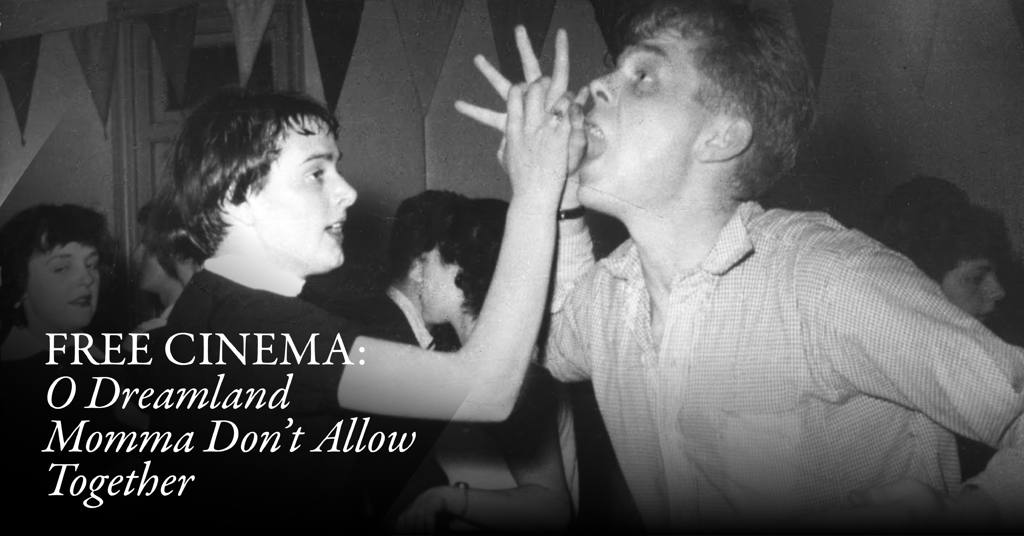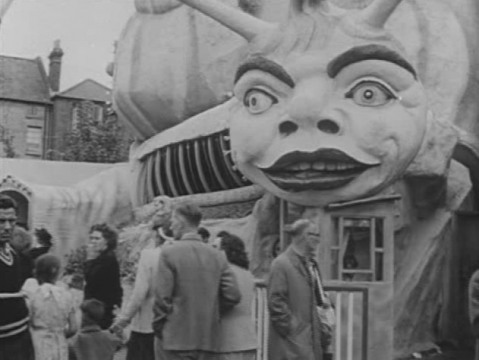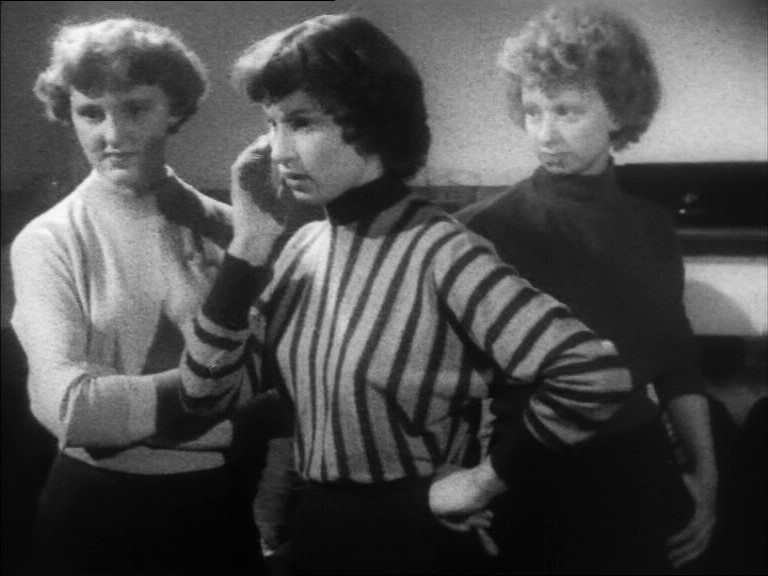London Calling: Film Series
September 24, 2016
Getty Museum, Los Angeles

"No film can be too personal. The image speaks. An attitude means a style. A style means an attitude... Implicit in this attitude is a belief in freedom, in the importance of people and in the significance of the everyday." - MANIFESTO FOR A FREE CINEMA, 1956
Free Cinema was a highly influential documentary film movement, born out of a series of screenings held at the London's National Film Theatre in the late 1950s. Its gritty and sharply observant films eschewed traditional tropes of entertainment yet made headlines and attracted sold-out crowds at their screenings. This brief movement would go on to lay the foundations for the "Kitchen Sink" style of realism that defined the British New Wave as it sought to capture the raw truth of everyday life for ordinary Britons. While quotidian in subject matter and devoid of commentary, the films are deftly cut with undercurrents of social critique. Like the painters in the London Calling exhibition who pursued figuration during the height of abstraction, these filmmakers, led by Lindsay Anderson, refused to work within the accepted modes of the film industry and instead aimed to create work "free" from any box office appeal, refocused on the working class, who they felt had been overlooked by the middle-class-dominated British film establishment of the time.
This event is an exact re-creation of the first Free Cinema screening on February 5, 1956. Imagine yourself transported to post-war London where the Evening News reported afterwards that "Every beard and duffle coat in London, every urchin-cut and pair of jeans seemed to converge on the National Film Theatre on South Bank last night. Queues of cinema enthusiasts, even longer than during the Festival of Britain, stood in the drizzle for hours in the hope of seeing three short films [that] in four days have become the talk of the town." It was a night of such success that it would lead to regular Free Cinema screenings for the following five years, featuring contributions from international directors (notably the American documentary On the Bowery), and create a platform for experimental works to flourish widely. These slice-of-life films offer a rich contextualization of the nuances and textures of the everyday society from which the painters of London Calling exhibition emerged, while channeling many of the very same artistic strategies that would remain paramount to them.

O DREAMLAND
(Directed by Lindsay Anderson, 1953, 12 minutes, dvd)
This short film was shot by Lindsay Anderson, Free Cinema's galvanizing figure, a few years before the movement formed. After seeing the other films that would be included in the debut screening, Anderson recognized their artistic affinity. The film is a striking mediation on the attractions of the decaying 'Dreamland' funfair in Margate, and Anderson's camera lurks among the unsuspecting entertainment-seeking, working-class families. Shot in a deliberately harsh fashion, the film lingers on a 'Torture through the Ages' exhibit, bingo, penny arcades, bangers, beans and chips, and nightmarish mechanical puppets, paired with the faces of terrified children. The garish soundtrack is permeated with the recurring laughter of the automated clowns, which takes on a sinister, mocking tone, marking a latent sense of horror within the mundane, inspiring one critic to write, "Everything is ugly... It is almost too much... Pity, sadness, even poetry is infused into this drearily tawdry, aimlessly hungry world."

MOMMA DON'T ALLOW
(Directed by Tony Richardson and Karel Reisz, 1956, 22 minutes, dvd)
Painter Frank Auerbach said "What I wanted to do was to record the life that seemed to me to be passionate and exciting and disappearing all the time." This binding impulse between the artists in the London Calling exhibition and the Free Cinema filmmakers is no better shown than in Momma Don't Allow, which captures one frenzied night in the Wood Green Jazz Club with Chris Barber's Jazz Band and an audience of young men and women. Following a group of "Teddy Boys" and their clashes with other upper-class teens, the film points to the new phenomenon of youth culture, and the subsequent subcultures that flourished in contemporary Britain, where rapidly changing fashions and attitudes became a social language challenging class and taste.

TOGETHER
(Directed by Lorenza Mazzetti, Starring Eduardo Paolozzi and Michael Andrews, 1955, 52 minutes, dvd)
A largely overlooked yet extraordinarily layered film, Together started as a fictionalized tale of two deaf-mutes looking for work on the London docks. The roles of these two downtrodden plebeians are in fact performed by two extraordinary visual artists: Pop Art sculptor Eduardo Paolozzi, and painter Michael Andrews, a featured artist in the London Calling exhibition. Once the plot was scrapped, Mazzetti reworked the film with Lindsay Anderson, who recognized the high quality of the raw the footage she captured of these men passing through the tragically sublime alleys and crumbling bomb sites of London's East End. Signaling the artist's role as a medium for the translation of culture, Andrews and Paolozzi are our silent guides in this quasi-documentary, where their unmediated encounters with packs of street kids and members of the struggling community shows a city struggling to recover from World War II.
